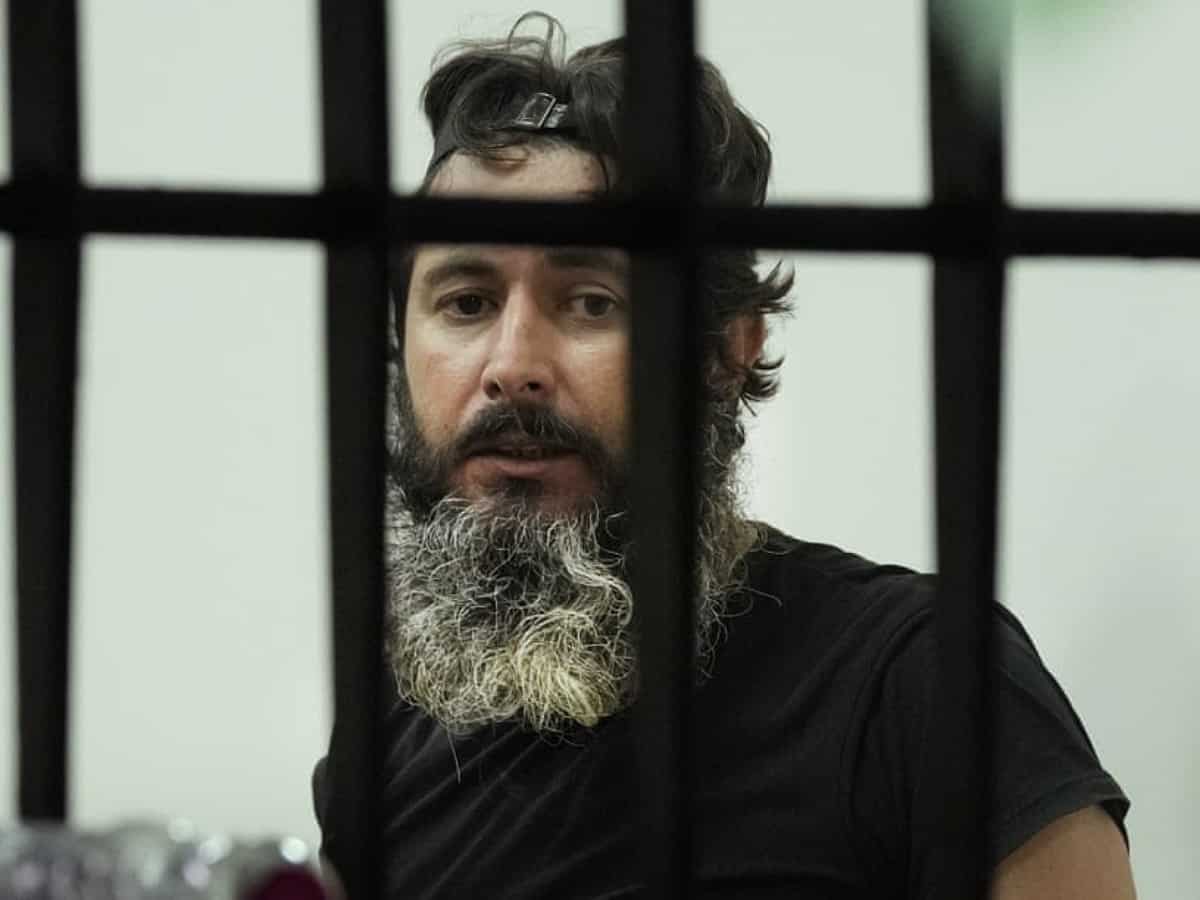
Beirut: Amid a severe economic crisis in Lebanon, an armed man held hostages inside a bank in Beirut, demanding access to his frozen assets, security officials and witnesses said.
On Thursday, the man initially entered the Federal Bank of Lebanon in Beirut’s business district of Hamra and demanded to withdraw some $200,000 from his bank account allegedly to pay for his father’s hospital treatment, dpa news agency reported.
Banks in Lebanon have been applying strict withdrawal limits on foreign currency assets since 2019.
The curbs have resulted in the freezing of many depositors’ savings, leaving most Lebanese struggling to make both ends meet.
A security source at the scene told dpa news agency that the man, believed to be in his 40s, was holding around seven people hostage inside the bank.
The Lebanese army and security police have cordonned off the area, but the gunman could be seen walking angrily with a machine gun in the bank and smoking a cigarette.
According to Lebanon’s state news agency NNA, the man threatened to set himself on fire with petrol if the money was not paid to him.
Security sources said the bank had offered him $10,000, but he refused.
Head of the Lebanese Depositors Association, Hassan Mughniyeh, who arrived to negotiate with the gunman, called on him not to harm anyone.
“If the depositors’ issue is not solved and matters are not handled quickly, the situation will worsen further and we will witness many cases of this kind,” Mughniyeh said, referring to the curbs on cash withdrawals.

Some depositors at the scene expressed sympathy with the gunman and chanted: “This man has the right to do this.”
The stand-off eventually ended peacefully with no injuries, after negotiators struck an agreement allowing the suspect to receive $35,000 of his savings upfront, the BBC quoted the LBCI TV channel as saying in a report.
Police escorted the hostages and suspect away from the bank.
Officials have not yet said whether the man will face charges.
The World Bank has described the crisis in Lebanon as among the world’s most severe since the mid-1800s.
Poverty in Lebanon has drastically increased during the past year and now affects about 74 per cent of the population, according to a UN report.
The Lebanese pound has lost 95 per cent of its value.

(Except for the headline, the story has not been edited by Siasat staff and is published from a syndicated feed.)



